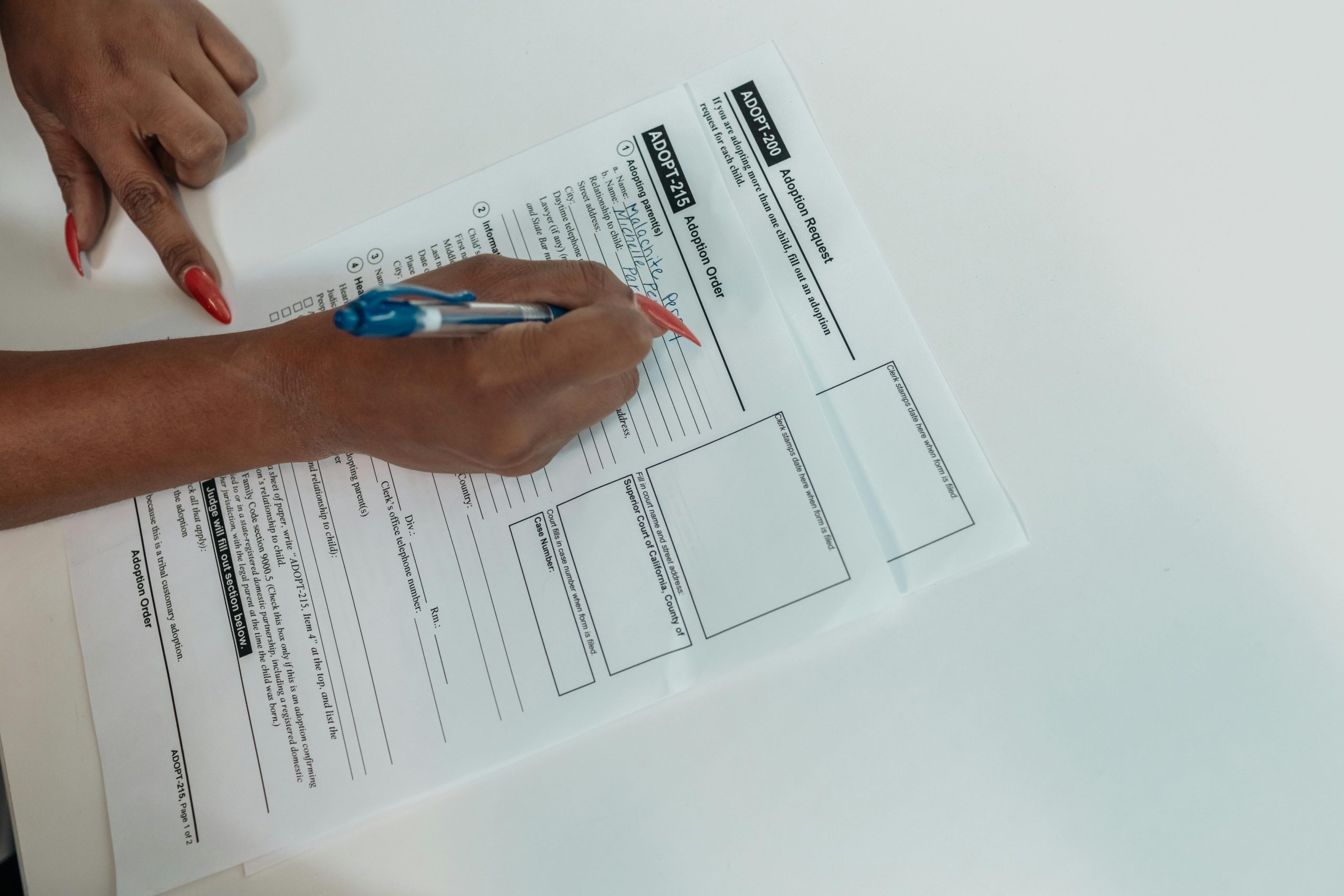What to Do When Insurers Request Sensitive Information After a Car Accident
Experiencing a car accident can be stressful enough, especially when dealing with insurance claims and related paperwork. Recently, I found myself in this situation and wanted to share some insights to help others navigate similar circumstances.
The Incident
In February, I was involved in a minor car accident. Fortunately, no one sustained serious injuries, and no hospital visits were made. Nonetheless, the other party’s insurance company has initiated a property and casualty claim that lists me as the at-fault driver.
The Request for Personal Information
Recently, I received a letter from the insurance company requesting sensitive personal details, specifically my Medicare information and Social Security number. I was surprised since I have never enrolled in Medicare, which led me to question the legitimacy and necessity of these requests.
How to Respond
If you find yourself in a similar situation, here are some important steps to consider:
- Do Not Share Sensitive Information Unnecessarily
Insurance companies do not typically require your Medicare details or Social Security number unless there are specific circumstances, such as medical claims or complex liability issues. Be cautious before providing such information.
- Verify the Legitimacy of the Request
Contact the insurance company directly using verified contact information—preferably the number on their official website or your official policy documents. Confirm whether they indeed need this information for your claim.
- Understand Your Rights and Protections
Your personal information, especially Social Security numbers, should be handled with care. Laws in many jurisdictions restrict the sharing of this data, and insurance companies should explain why they need it and how it will be used.
- Seek Legal or Professional Advice
If you’re uncertain about the request, consider consulting with an attorney or a trusted insurance professional. They can provide guidance tailored to your situation and help ensure your personal data remains protected.
- Be Prepared to Provide Alternative Documentation
Instead of sensitive personal data, you might be able to furnish other forms of verification, such as driver’s license, insurance policy details, or a statement of the incident.
Final Thoughts
Dealing with insurance claims after an accident can be complex, especially when unexpected requests for personal information arise. Always prioritize your privacy and security, verify requests through official channels, and seek professional advice if needed. Remember, it’s your right to understand why certain information is requested and how it will be used.
Stay informed and protect your personal data while navigating the claims process.



